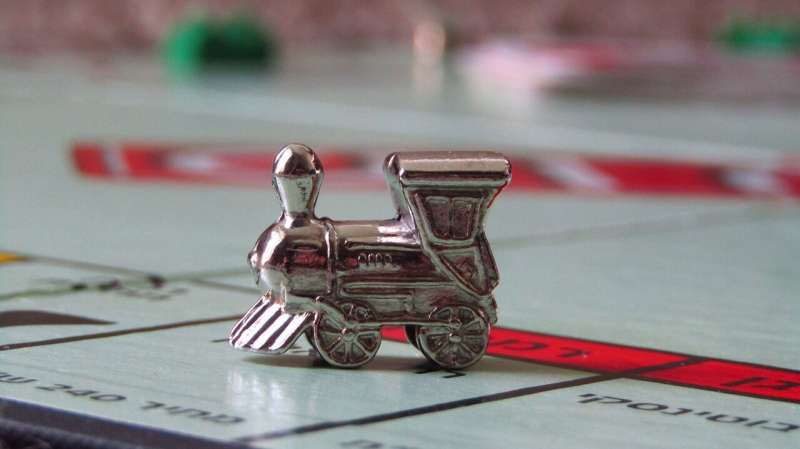Money can buy happiness: New study on income and happiness finds growing divide

Money can't buy happiness, the saying goes, but it seems to be more closely connected than before.
A new study at San Diego State University found a correlation between happiness and the top indicators of socioeconomic status—including income and education—has been growing steadily stronger.
Using data from the General Social Survey, one of the longest running surveys of adults in the United States, SDSU psychologist Jean Twenge and her Lynn University co-author A. Bell Cooper explored data on 44,198 U.S. adults from 1972 to 2016. The findings were published in the American Psychological Association journal Emotion.
The findings show that, on average, the more income someone makes, the happier they are. This differs from past studies finding that happiness leveled off after achieving a yearly income of about $75,000.
"I was surprised that income was so strongly related to happiness and that happiness didn't plateau at higher levels of income," said Twenge. "More money seems to equal more happiness, even after basic needs are met."
Twenge's research also discovered happiness is more strongly related to income now than it was in the 1970s and '80s. Twenge concludes money indeed can buy more happiness now than it did in the past.
As a result, there is a growing divide in happiness, though the specific pattern differs by race. The happiness of white Americans with no college education declines after 2000, but the happiness of white Americans with a college education has remained steady. The happiness of Black Americans with no college education has remained steady, while the happiness of Black Americans with a college education has increased. Thus, Twenge said, the "happiness gap" has grown for both races.
"We're not exactly sure why there's a growing divide in happiness, but it might be because of growing income inequality. The rich are getting richer and the poor are getting poorer," said Twenge, who authored the book iGen on generational trends.
Twenge said the research complements other studies finding increasing despair among working-class white Americans in the United States. The findings also fit the narrative of growing class divide that emerged after the 2016 election, the report notes.
Another possible explanation, Twenge explained, could be linked to marriage. While marriage rates were once similar between lower and higher-income Americans, lower-income Americans now are less likely to marry, and married people are reportedly happier on average.
More information: Jean M. Twenge et al. The expanding class divide in happiness in the United States, 1972–2016., Emotion (2020). DOI: 10.1037/emo0000774




















